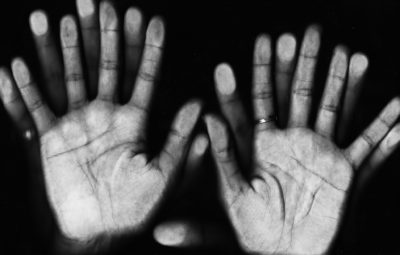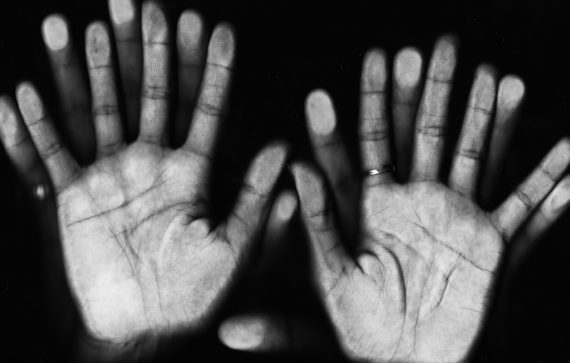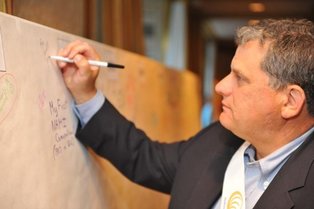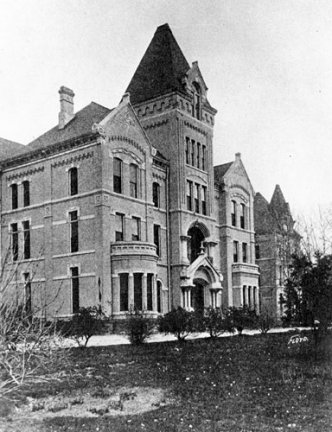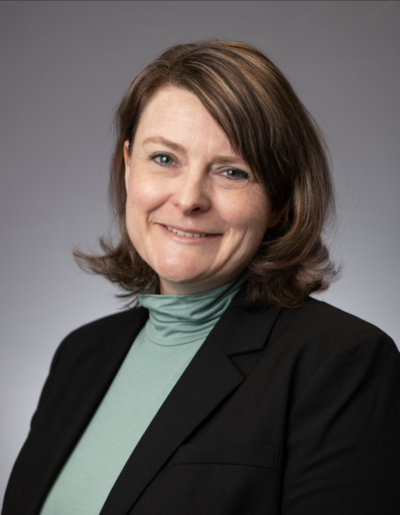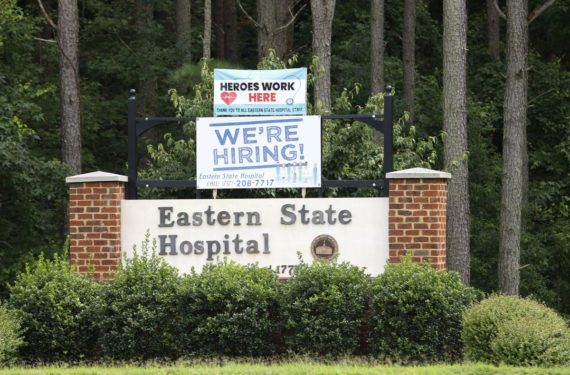
(9-24-21) A frustrated Virginia sheriff’s deputy recently threatened to arrest employees at a state mental hospital because they balked at admitting an individual who was in the midst of a mental health crisis. The deputy had arrived without first having the patient cleared by a medical doctor for transport and without any medical records, including whether the patient had been tested for COVID.
The deputy’s action is an example of the latest sad twist in Virginia’s ongoing mental health crisis.
With private hospitals turning away patients and state mental hospitals lacking capacity, law enforcement officers are stuck dealing with patients who have no place to go.
This is wrong, but so far the state’s leaders have failed to find a way to resolve a lack of psychiatric services and hospital beds.Click to continue…
